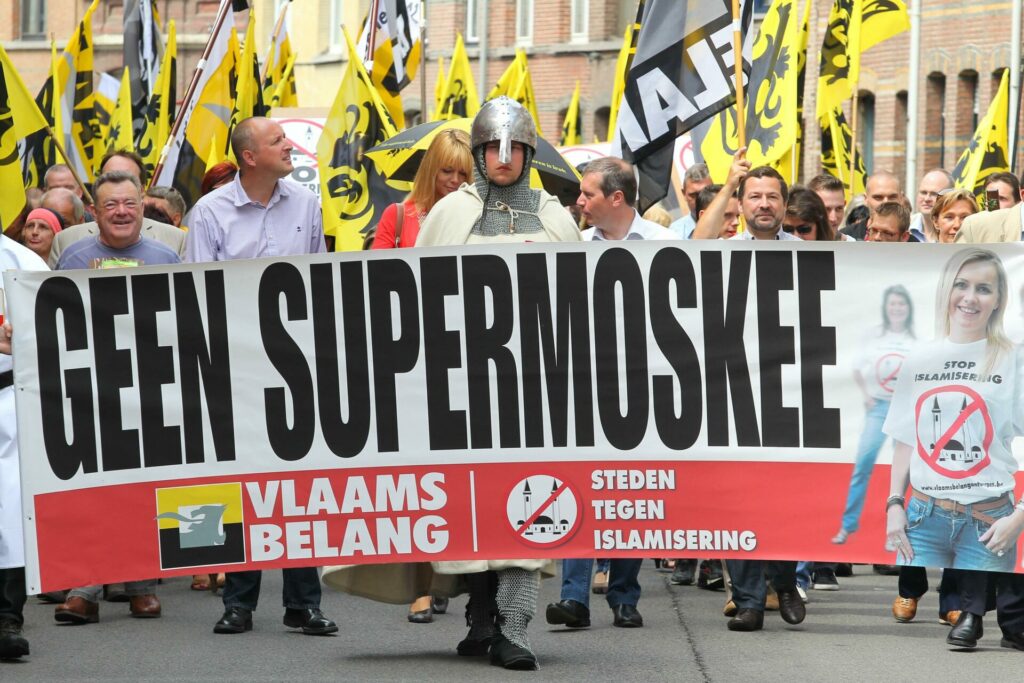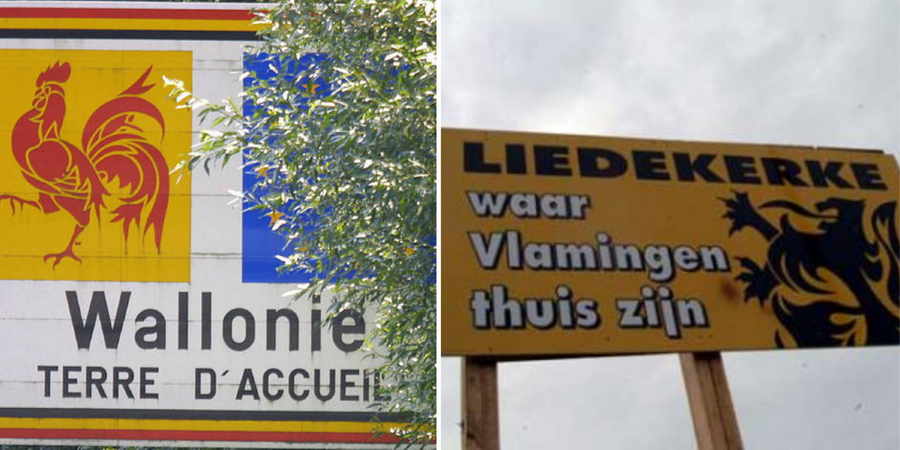A recent book on Catalonia and South Tirol sheds new light on Belgium’s most puzzling political enigma.
Philosopher Philippe Van Parijs reflects on current events and debates in Brussels, Belgium and Europe
Recent polls indicate that Vlaams Belang, the far-right anti-immigrant party, would receive close to 25% of votes in Flanders, while the right-of-centre nationalist party N-VA, which is not exactly keen on immigration either, would receive over 25%.
In Wallonia and Brussels, by contrast, the anti-immigrant right is insignificant. At the same time, the rate of unemployment in Flanders is below 4%, while it is close to 9% in Wallonia and over 12% in Brussels. One would therefore expect Flanders to be keener to welcome immigrants than Wallonia.
Why is the opposite the case? Might this be due to the banning of the far right in Francophone media or to the fact that no charismatic leader has emerged? This would be mistaking an effect for a cause. And with Le Pen and Zemmour next door, no one could seriously maintain that Francophone culture is intrinsically less anti-immigrant.
An intriguing book just published by a German political scientist suggests a very different explanation. In her Ideational Legacies and the Politics of Migration in European Minority Regions (Oxford UP, 2022), Christina Zuber asks why the far right is so much stronger and the anti-immigrant attitude far more widespread in the Italian autonomous province of South Tirol than in the Spanish autonomous community of Catalonia.
In both entities, the regional majority speaks a language (German and Catalan, respectively) distinct from the national language (Italian and Spanish, respectively) and suffered oppression from an authoritarian central government (under Mussolini and Franco, respectively). Of the two regions, it is South Tirol that has the higher income per capita and the lower rate of unemployment, and that should therefore be keener to welcome immigrants. But the opposite is the case. Why?
According to Christina Zuber, this has to do with past experience of internal immigration. Whether before, under or after Franco, poor Spanish peasants migrated to Catalonia in response to Catalonia’s need for industrial labour power. By contrast, Italian immigrants into South Tirol, especially but not only under Mussolini, were typically public servants, teachers and managers, whom the locals often perceived as “colonizers”. This created in both cases a lasting disposition, positive in the former case, negative in the latter, now extrapolated from internal to foreign immigrants, even though it no longer fits the two regions’ respective economic circumstances.
What about Flanders and Wallonia? In the late 19th and early 20th century, poor Flemish farmers moved to Wallonia in order to work in the coal mines and steelworks. In some suburbs of Liège, the proportion of Dutch speakers exceeded 30%, and it was still nearly 20% in La Louvière in 1940. Flemish cities also housed many French-speakers: in 1930, over 10% in Antwerp, 15% in Ghent, 20% in Leuven. But most of them, whether natives of Wallonia or Frenchified locals, belonged to the upper echelons of local society.

Demonstration by far-right Flemish party Vlaams Belang against the construction of a mosque in Lier in 2011. Credit: Belga / Julien Warnand
The suggestion that emerges from Christina Zuber’s book is that this old difference is what explains why today, when entering Wallonia, you are met by a board proclaiming “Wallonie terre d’accueil”, whereas an even bigger board may warn you, as you leave Brussels, that you are entering a commune “where Flemings are at home”.
“Colonization”, N-VA president Bart De Wever said on TV in 2008, is not what would happen to Brussels if his model of a “co-dominium” by Flanders and Wallonia were adopted. It is what has been happening all along in Flanders whenever Francophones move in and expect the locals to adjust to them rather than the other way around.
That Flanders’ unwelcoming attitude to foreign immigrants could be rooted in this age-old disposition towards internal migration is not far-fetched. It may well be the most plausible explanation on offer.

